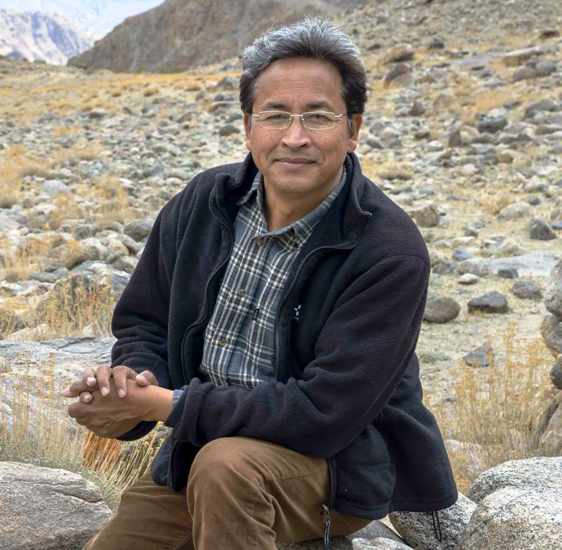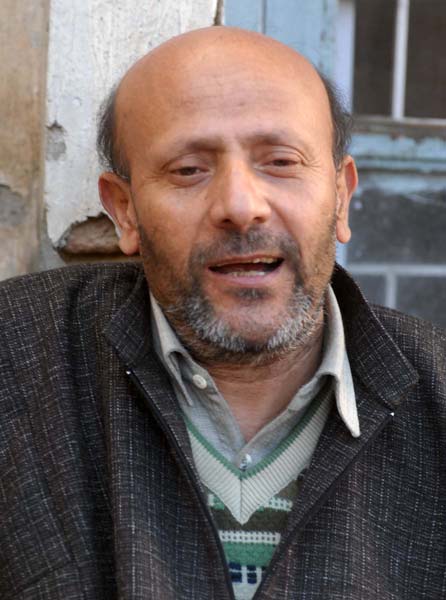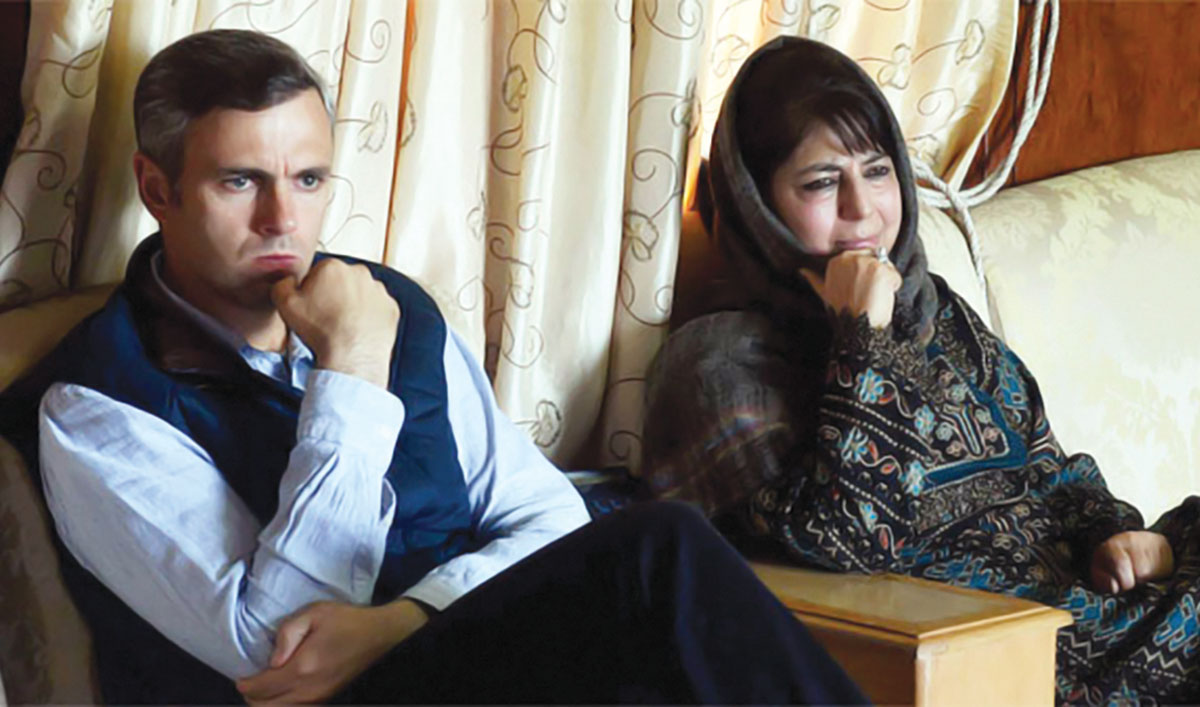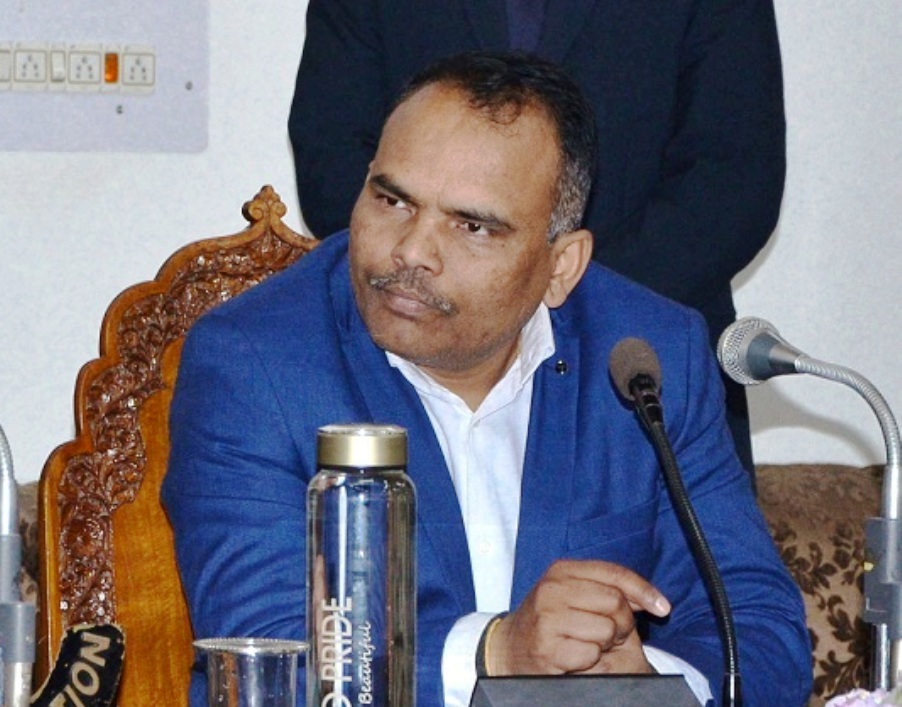SRINAGAR: Union Minister of Health and Family Welfare, Dr Mansukh Mandaviya, held a meeting today with senior officials from the Health Ministry and the Directorate General of Health Services (DGHS) to discuss the provision of health services and quality medical facilities for devotees participating in the Amarnath Yatra.
During the meeting, Dr Mandaviya was briefed on the medical care and other health facilities available at the base camp and along the route of the Yatra. He directed officials to assist the Union Territory (UT) of Jammu and Kashmir in ensuring that pilgrims receive the necessary health facilities and medical services to ensure their well-being and physical fitness for the challenging journey. The Minister emphasized his commitment to providing the best health services and medical facilities to the devotees during the Yatra.
The Amarnath Yatra poses unique geoclimatic challenges, especially due to high altitudes. In response to the Minister’s instructions, the Ministry of Health is collaborating with the UT Government of Jammu and Kashmir to enhance and anticipate the health requirements of the Yatra.
The Union Health Ministry has established medical facilities at the base camp and along the route, equipped with the necessary infrastructure. In addition, the Ministry has fully funded and supported the establishment of two 100-bed hospitals at Baltal and Chandanwari, which are operational. These hospitals have accommodation facilities for the staff deployed for the Yatra and offer comprehensive diagnostic and treatment services, including laboratory facilities, radiology, gynecology, intensive care units, and hyperbaric oxygen chambers. The hospitals will be operational 24/7, staffed by specialist doctors and an independent trauma unit.
The DGHS of the Ministry of Health and Family Welfare has deployed healthcare workers from 11 states/UTs and central government hospitals for the Yatra. These teams will be deployed in four batches/shifts. The Ministry is conducting capacity building exercises for the doctors and paramedics selected for the Yatra in collaboration with the UT Government to train them in managing high altitude sickness and emergencies. The Emergency Medical Relief division of the DGHS is assessing the local medical infrastructure and makeshift hospitals to review their preparedness for this year’s Yatra.
To improve emergency preparedness and monitor health-related issues, a customized web-enabled real-time data collection module is being developed through the Integrated Disease Surveillance Programme (IDSP)-Integrated Health Information Platform (IHIP) portal of the National Centre for Disease Control (NCDC).
The Health Ministry has also developed guidelines and advisories to increase pilgrims’ awareness through a list of Do’s and Don’ts. Standard operating procedures (SOPs) for the medical management of high altitude emergencies have been prepared to ensure adequate medical care during the Yatra.















